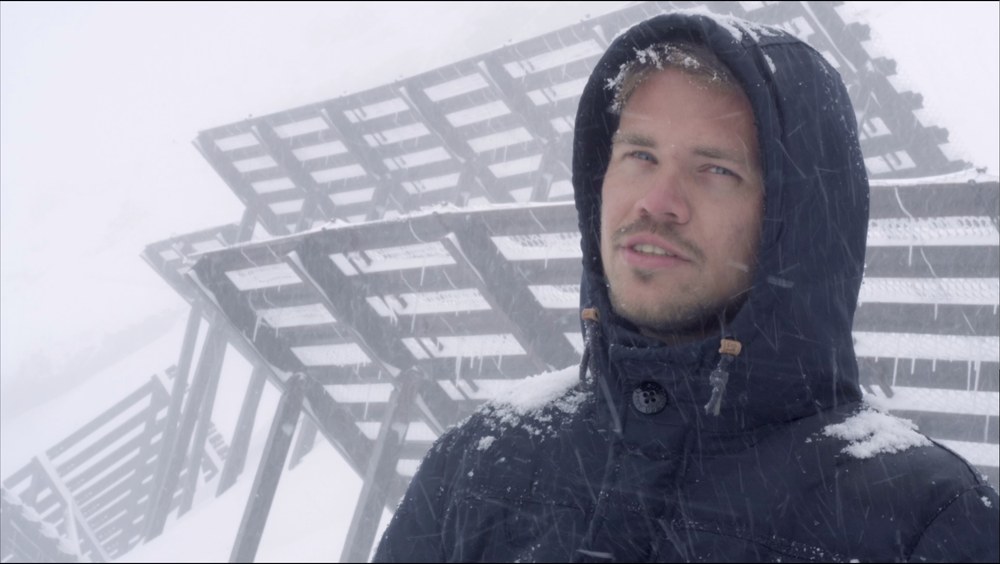„A new compact sensor that will use entangled atoms in microgravity for the first time“
FIELD OF STUDY: Physics | NOW: Institute for Satellite Geodesy and Inertial Sensing
And give your work a purpose. Our future needs talented minds like yours. It needs new ways of generating and storing energy, new concepts and improved materials for aerospace, sophisticated automation and networking in key areas, and the development of quantum computers in Germany. What expertise can you contribute?
As a researcher at DLR, you will have access to a unique research infrastructure consisting of laboratories, simulators, test stands and other large-scale research facilities. You will also work on topics that are highly relevant for society. With enough freedom for your ideas, you will work with motivated colleagues to devise solutions to the pressing scientific and technical challenges of tomorrow’s world.
Shape the future with us. Yours and that of us all.
Take Alexander Fieguth, for example. The experimental physicist is delighted to be working in the Institute for Satellite Geodesy and Inertial Sensing at the cutting edge of technological developments at DLR. In the INTENTAS project, he is working on improving the sensitivity of atom interferometers and atomic clocks. What can be achieved? “Already today, atomic clocks in space and on Earth deliver highly precise time signals to support navigation systems such as Galileo. But improved atom interferometers can also enable extremely precise navigation without satellites,” Alexander explains. Or high-precision measurements of Earth’s gravitational field: “This can be used to improve climate models or our understanding of the composition of the Earth, among other things.”
Nadine Laska from the DLR Institute of Materials Research is also helping to shape the future. The graduate chemist is improving the air transport industry’s carbon footprint with her work on protective coatings for high-temperature applications: “The use of lighter materials or new fuels in aircraft contributes to more sustainable aviation and ultimately reduces the contribution to climate change. Protective coatings are necessary to enable use at higher temperatures and/or to extend the service life of components such as turbine blades. This leads to a more sustainable use of resources and raw materials.”
These are some of the questions that we pursue:

"For me it is crazy"
Your consent to the storage of data ('cookies') is required for the playback of this video on Quickchannel.com. You can view and change your current data storage settings at any time under privacy.
As a physicist, you can take on extraordinary tasks at DLR. These include, for example:
Take a look around – the range of our research work is wide.
As a chemist at DLR, you will be involved in developing the materials and energy sources of the future. Some possible tasks:
Take a look around – the range of our research work is wide.
Many challenging projects await you in the field of Earth Sciences. These include, for example:
Take a look around – the range of our research work is wide.
As a mathematician at DLR, you can expect to be assigned extraordinary tasks. These include, for example:
Take a look around – the range of our research work is wide.
Biologists at DLR can also take on challenging tasks – for example:
Take a look around – the range of our research work is wide.
Many exciting projects await you in the field of medicine. These include, for example:
Take a look around – the range of our research work is wide.
